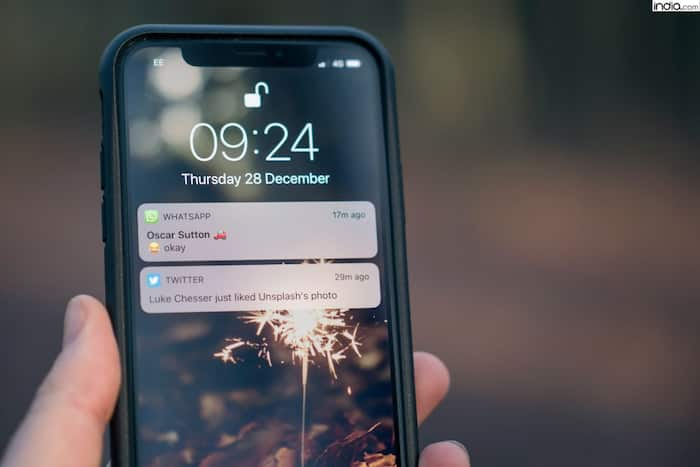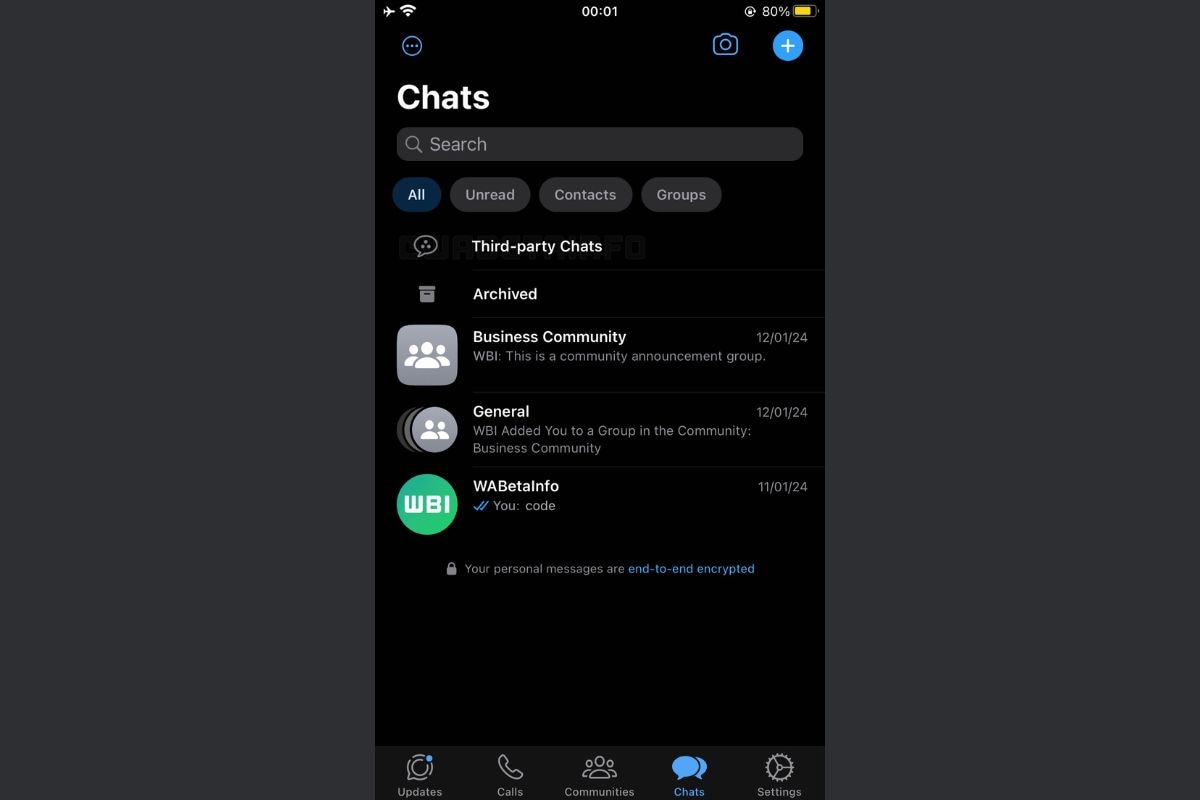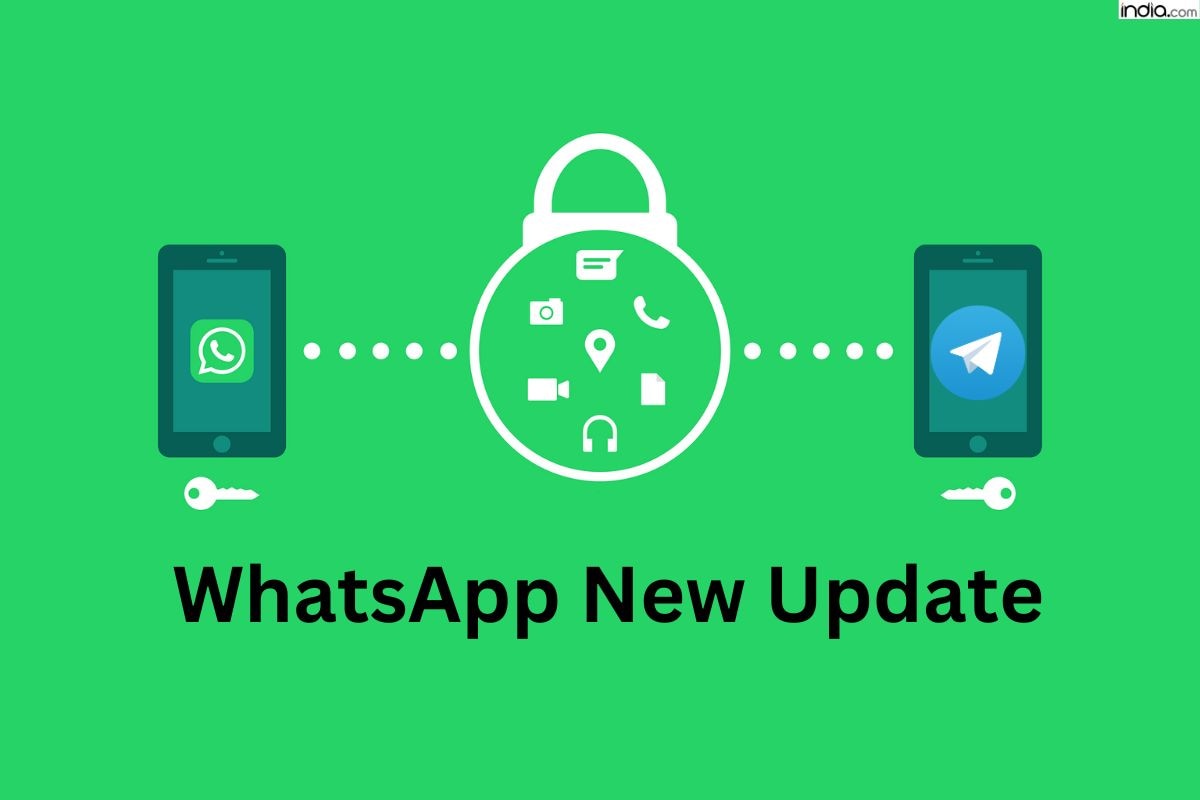
[ad_1]
Having too many messaging apps can often be a hassle; therefore, WhatsApp is developing a new ‘Third Party’ Chats feature to allow messaging across different apps. Check out all the details here.

New Delhi: Meta-owned WhatsApp is one of the most used messaging platforms, with around 2.78 billion active users around the globe. It is reportedly working on a new feature to allow users to interact with messages from third-party messaging apps. The new feature of WhatsApp complies with European Union (EU) regulations. Here are all the details on the upcoming ‘Third-party chats’ feature.
The New WhatsApp Third-Party Chats Feature

WhatsApp’s Third-Party Chat feature is in development. (Source: WABetaInfo)
In the latest report from WABetaInfo, a new testing feature has been seen in the latest iOS app beta version of WhatsApp, called ‘Third-party Chats.’ The new Digital Markets Act (DMA) regulations, identify WhatsApp as one of the companies subject to these rules due to its dominant position in the messaging market. To comply with these regulations, WhatsApp is developing the new feature we know as “Third-party Chats” which will create a section promoting interoperability. This feature will allow users to communicate with other people on WhatsApp using different messaging apps, such as Signal, Telegram etc.
Benefits of WhatsApp’s Third Party Chats Feature

The feature will be launched for both iOS and Android phones
The benefits of this feature for users include:
- Increased communication flexibility: Users will be able to communicate with others on WhatsApp using different messaging platforms, making it easier to connect with friends and colleagues who use different apps.
- Improved user experience: The interoperability feature enables someone on a different messaging app to send messages to a WhatsApp user, even without a WhatsApp account. This means users can maintain their preferred messaging app while still being able to communicate with others on WhatsApp.
- User control: Users will have to manually enable the interoperability service and have the option to opt-out, as stipulated in Article 7 of the regulations. This ensures that users have control over their communication preferences and privacy settings.
The new interoperability feature in WhatsApp will allow users to communicate with others on WhatsApp using different messaging apps, providing increased flexibility, an improved user experience, and user control over their communication preferences.
WhatsApp iOS Passkey Feature
Additionally, WhatsApp is also reportedly developing a ‘Passkey feature’ to enhance the login process and provide an additional layer of security and convenience to user accounts. The feature is currently under development and will be available in a future update of the app.
The Passkey feature will allow users to configure their own passkey, eliminating the need for a 6-digit code to access their account. After configuring the passkey, users will be able to log into their accounts by using their existing authentication methods, such as Face ID, Touch ID, or the device passcode.
The Passkey feature will be optional, providing users with the flexibility to enable it at their discretion. If users choose to configure a passkey for their convenience, they will be able to disable this feature at any time through the app settings. In addition, in situations where users need to log into WhatsApp on a different device where the passkey is not available, they will still be able to request and use the traditional 6-digit code for authentication.
[ad_2]